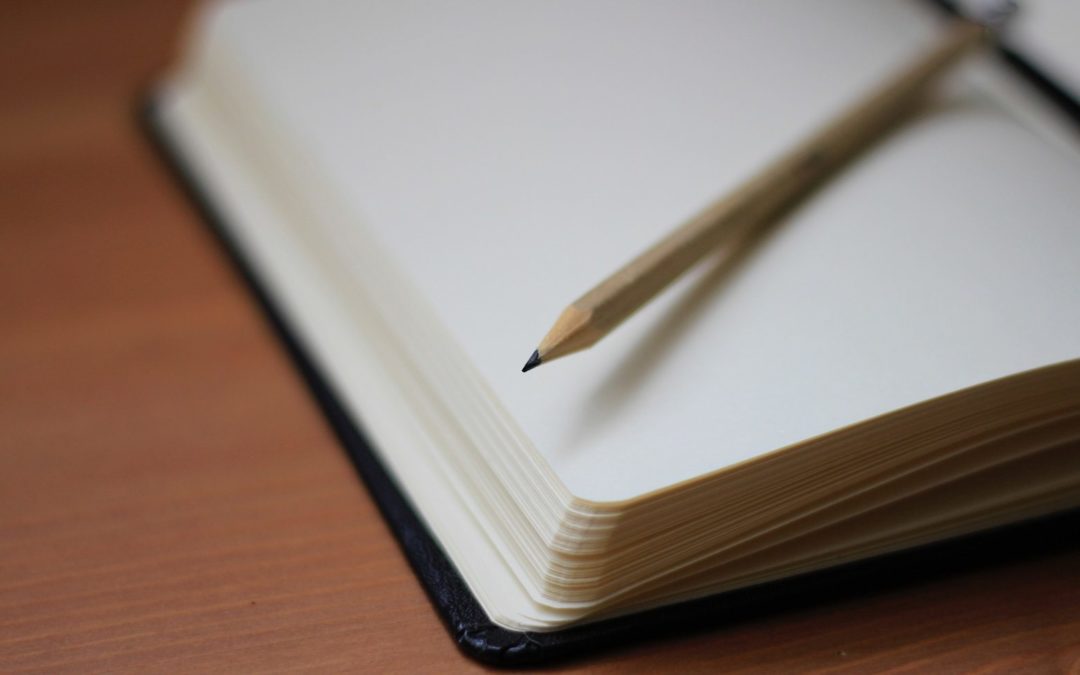
Patience in Writing
Patience in Writing
I recently hauled out a box in which I’ve been stowing thoughts, ideas, inspiration and research for a book I have been wanting to write. It was packed with journals, scrapbooks, scribbles and diagrams in several folders which I will need to make sense of to turn it into something remotely readable. Some of the notes date back to 2012. Most of the writing is unkempt, has no idea where it is going or what it is doing or what it might be ‘for.’
Until recently, I thought perhaps I would jettison this book idea and move on. But sifting through these treasures I felt slightly excited again. New possibilities murmured to me. I felt drawn again into the chaos and possibility of the world my subconscious is trying to organize. I was up at 3am last night writing and even missed my 6am spin class as a result.
When I teach that a book must be ‘richly conceived,’ what I mean is that deep thoughts worth sharing often need time like wine or aged cheese to learn what shape they need to take and how they make sense together. What I’m saying is that I’ve done nothing for five years except collect, make notes, catch thoughts with the slight posterior awareness of ‘someday, perhaps.’
I share this with you, if you are an aspiring author, in the hope that it fastens you to patience – a train I have never caught on purpose but for which life has bought me a couple of tickets. Creativity ebbs and then it rushes in. And when it does, we must be ready to lean in and do the best work of our lives.
Most of what we write won’t make it into the final draft, just like most baby turtles don’t make it across the sand to the water’s edge.
But nothing we ever write is wasted – even if it never makes its way into our book. Every word we put down – even the ones we jettison, edit, cut away in the final draft – is imperceptibly sensed, a silent history, an accumulation of effort, a deepening that the reader feels, the way one line spoken by a wise person reflects a lifetime of experience and patience.

Joanne Fedler
Author, writing mentor, retreat leader. I’m an internationally bestselling author of nine books, inspirational speaker and writing mentor. I’ve had books published in just about every genre- fiction, non-fiction, self-help, memoir – by some of the top publishing houses in the world. My books have sold over 650 000 copies and have been translated in a range of languages. Two of my books have been #1 Amazon bestsellers, and at one point the German edition of Secret Mothers’ Business outsold Harry Potter- crazy, right?


